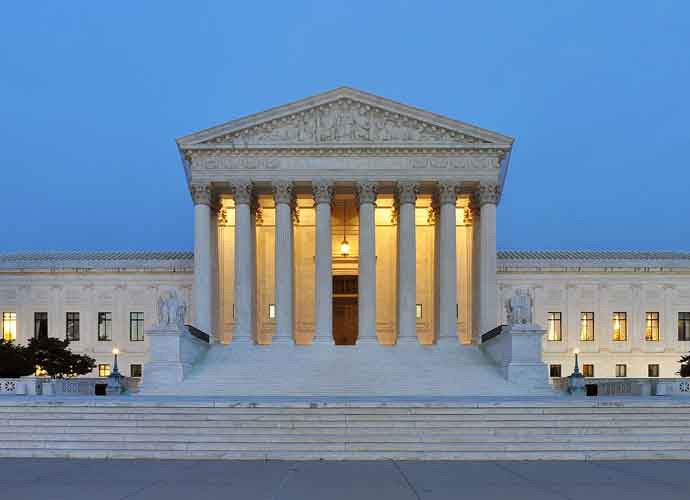Supreme Court Dismisses Texas Bid To Overturn Election Results In 4 States
The Supreme Court rejected Texas’ lawsuit challenging the validity of thousands of votes in four swing states on Friday.
In an unsigned order, the court wrote that Texas “has not demonstrated a judicially cognizable interest in the manner in which another state conducts its elections.”
The lawsuit was widely viewed by experts as having little legal standing and was condemned by the attorneys general of the four states: Georgia, Michigan, Pennsylvania and Wisconsin. It effectively sought to bar those states from participating in the Electoral College, which convenes on Monday.
The Supreme Court has a 6-3 conservative majority, with three of the justices being appointed by President Donald Trump. Trump had previously expressed his expectations of election-related disputes reaching the high court, which he assumed would favor him.
Subscribe to our free weekly newsletter!
A week of political news in your in-box.
We find the news you need to know, so you don't have to.
However, Friday’s decision, along with a series of other moves, including rejecting GOP lawmakers’ certification challenges in Pennsylvania, have shown that the justices have little interest in getting involved.
Two justices, Samuel Alito and Clarence Thomas, issued a separate statement regarding a legal technicality on Texas’ authority to challenge the elections of other states.
“In my view, we do not have discretion to deny the filing of a bill of complaint in a case that falls within our original jurisdiction,” Alito wrote. “I would therefore grant the motion to file the bill of complaint but would not grant other relief, and I express no view on any other issue.”
However, the court appeared to rebuke the Texas lawsuit altogether: “The state of Texas’ motion for leave to file a bill of complaint is denied for lack of standing,” read the court’s order.
Get the most-revealing celebrity conversations with the uInterview podcast!









Leave a comment